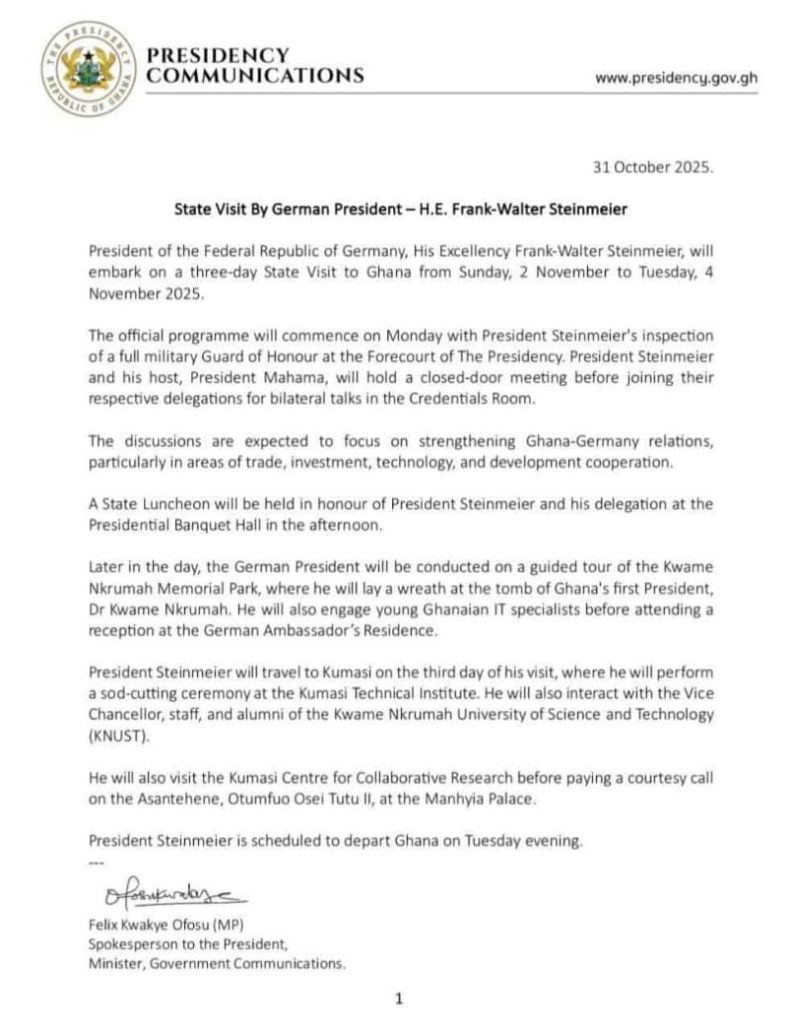The gruesome murder of investigative journalist, Ahmed Hussein-Suale on January 16, 2019, near his home in Madina, remains one of Ghana’s darkest moments.
Apart from futile attempts to arrest the alleged perpetrators and the empty promises to get to the bottom of his murder, the incident can now be considered a cold case.
Although, the police announced on March 17, 2025, that they have apprehended one suspect, identified as Daniel Owusu Koranteng, also known as Akwasi Amakye, at Amasaman-Adease, a suburb of Accra, the fact that no court processes have been filed is proof that the authorities have moved on.
Unfortunately, Suale’s murder is not an isolated tragedy. Ghanaians still remember the shocking killing of J.B. Danquah-Adu, Member of Parliament for Akim Abuakwa North, who was stabbed to death in his home at Shiashie on February 9, 2016. Two suspects were arrested, yet nearly a decade later, the case remains unresolved.
Similarly, Fennec Okyere, former manager of musician Kwaw Kese, was brutally murdered at his Manet Gardens residence on March 13, 2014. His killers, too, have never been brought to justice.
In May 2015, the nation was again shaken by the horrific death of Adams Mahama, the then Upper East Regional Chairman of the New Patriotic Party (NPP), who was attacked with acid by unidentified assailants. His case, like the others, has seen little progress.
It is both perplexing and disheartening that after all these high-profile murders, no one has been successfully prosecuted or convicted. This pattern of impunity points to a deep-seated failure within Ghana’s criminal justice system, one that emboldens wrongdoers and undermines public trust in the rule of law.
In Ghana, there is no statute of limitations for murder. This means that regardless of how long ago a crime was committed, perpetrators can and must still be prosecuted. Yet, the continued silence and inaction from the state suggest a troubling complacency.
Justice for Ahmed Suale and others like him, is not merely a legal necessity, it is a moral imperative. Their families deserve closure; their memories deserve dignity. More importantly, the nation needs to demonstrate that it is not rudderless that every act of violence has consequences, and that Ghana remains a country where justice is not delayed, denied, or forgotten.
Until these murders are resolved, Ghana’s conscience will remain burdened, and its commitment to justice, questioned.
We cannot also forget about the shooting to death of innocent Ghanaians during the 2020 and 2024 elections. Their blood is on all of us, if we fail to get justice for them.
The post Ahmed Suale and Ghana’s unresolved murders appeared first on The Herald ghana.




